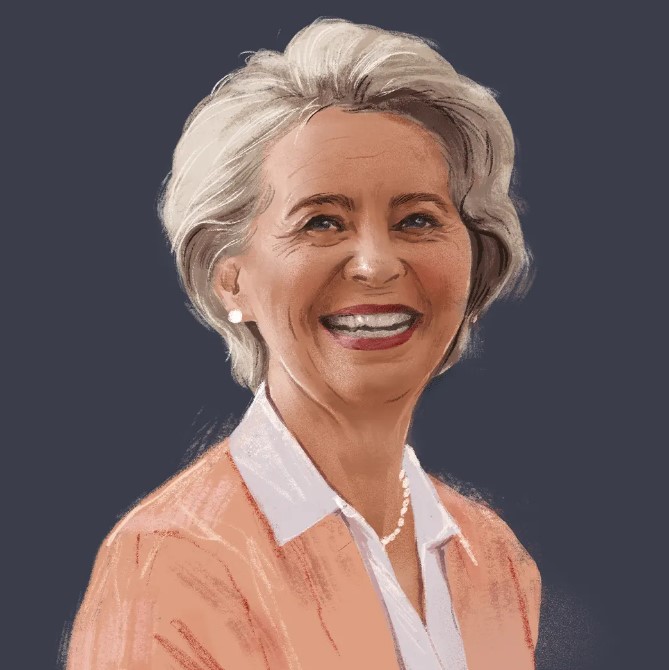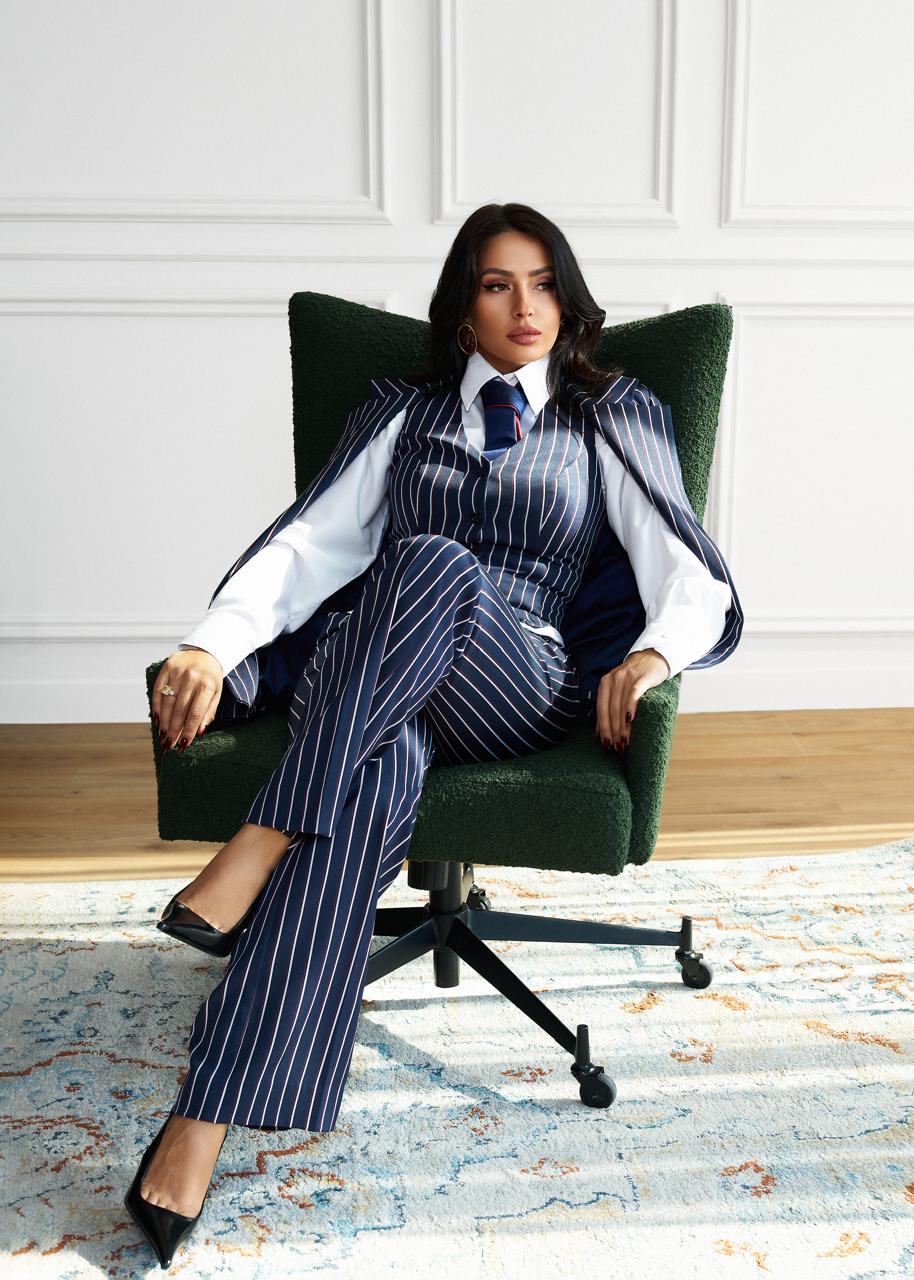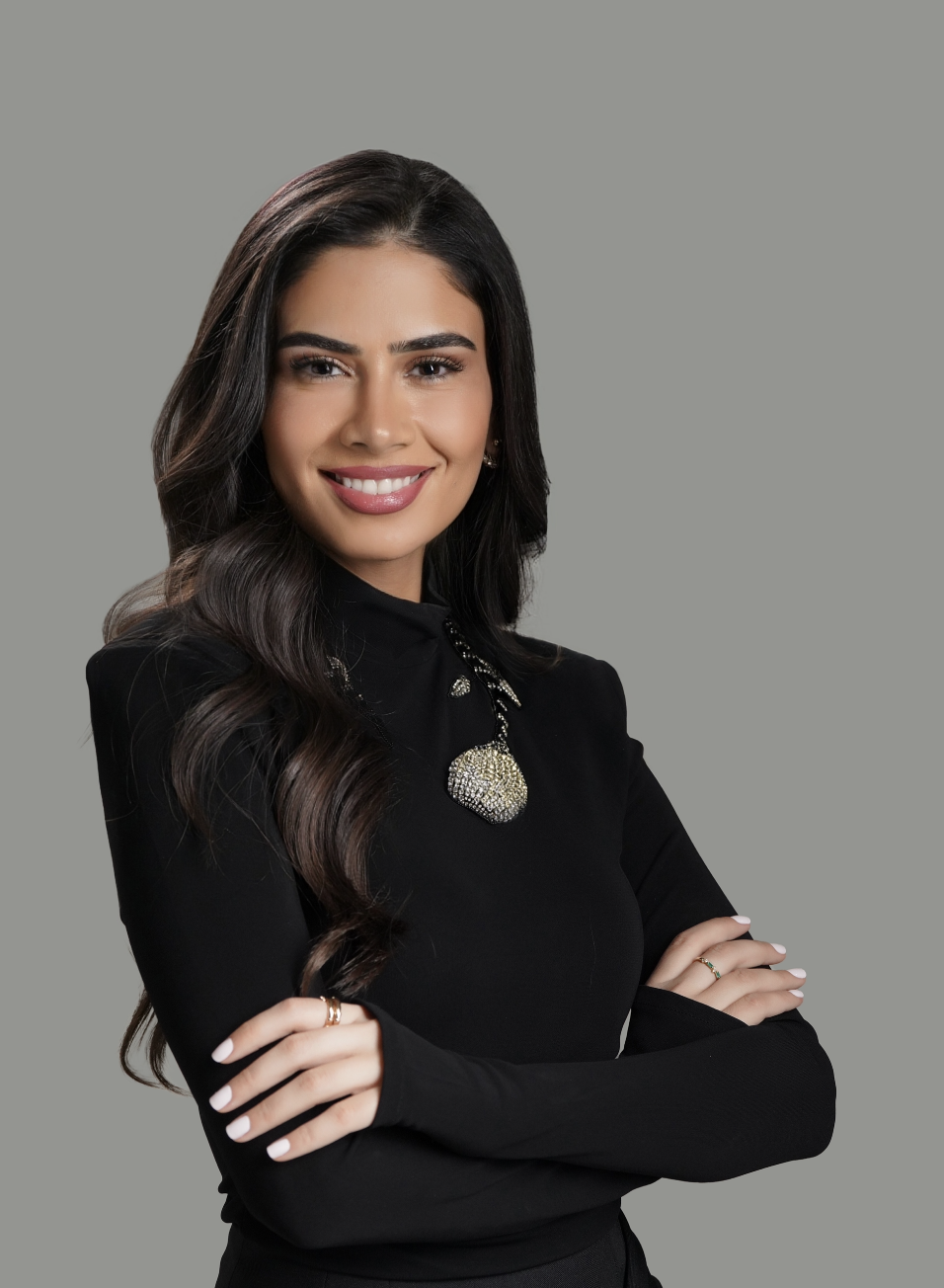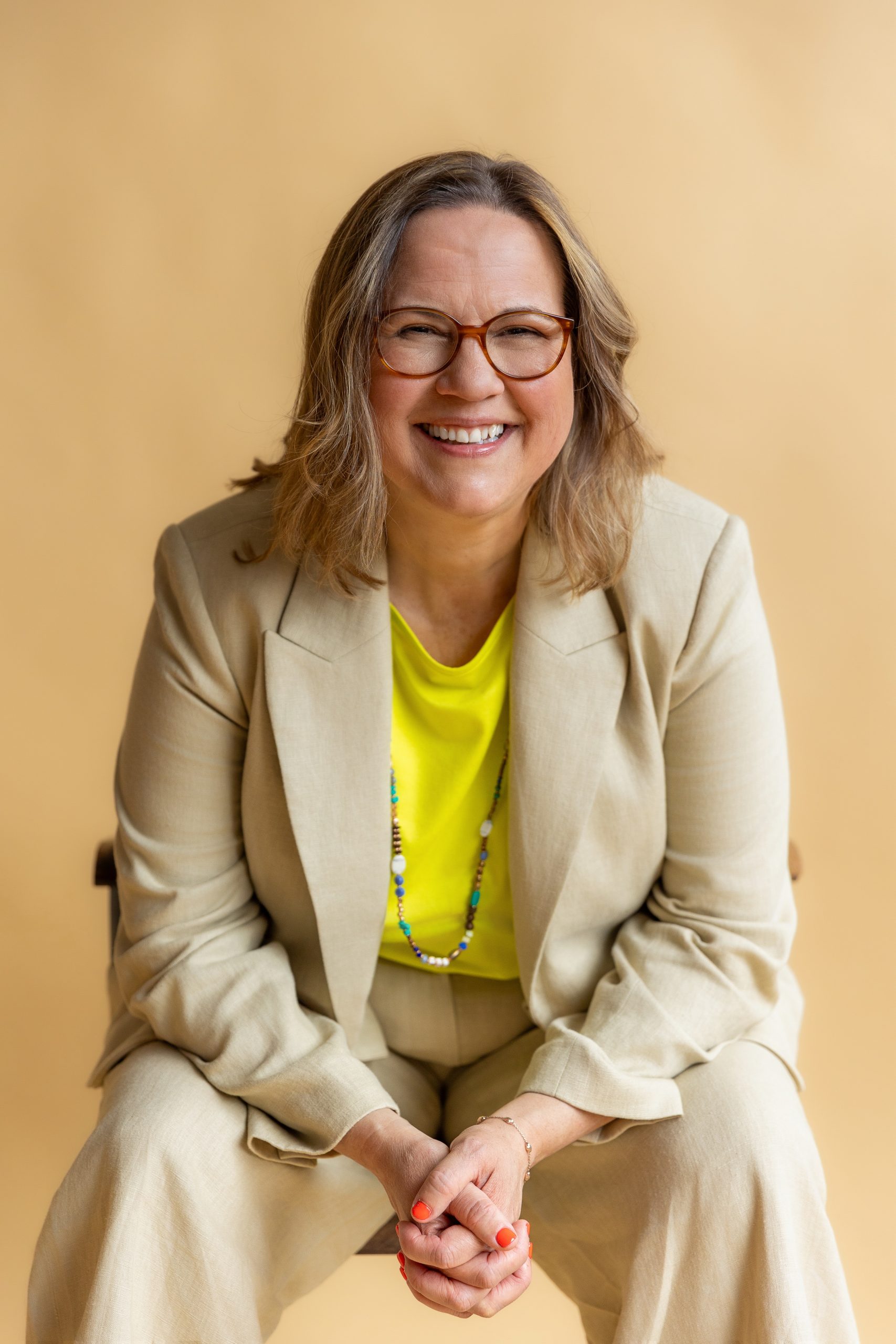
Delivering her annual state of the union address to the European Parliament in Strasbourg, France, in September, Ursula von der Leyen, the European Commission’s first female president, made a striking visual political statement. She was dressed in a bright yellow blazer and a royal blue blouse and, standing in front of the European Union’s 12 gold stars, she looked like a living, breathing Ukrainian flag.
“This is a war on our energy, a war on our economy, a war on our values and a war on our future,” she said, speaking of Russia’s unprovoked invasion of Ukraine. “This is about autocracy against democracy.” She went on to make a pledge: “I want to make it very clear, the sanctions are here to stay. This is the time for us to show resolve, not appeasement.”
Some citizens of EU countries face a cold winter without the Russian natural gas that heats their homes. Others sit in the direct line of fire should Russian President Vladimir Putin feel emboldened to expand his aggression. Somehow, von der Leyen has been able to rally those people to make the sacrifices needed to stand united against Putin. Von der Leyen, elected in 2019, manages the EU’s more-than $300 billion annual budget, works toward consensus with 27 heads of state who represent 450 million people.
Last year, von der Leyen was No. 8 on the Forbes list of the World’s 100 Most Powerful Women. This year, she vaults to No. 1 as a result of her strong and decisive support of Ukraine, as well as her continued leadership in bringing Europe through the coronavirus pandemic.
Her support of Ukraine was swift and wide. Barely a week after Putin sent the first missiles sailing towards Kyiv in February, von der Leyen pledged to ban transactions from Russia’s central bank, close Europe’s skies to Russian planes and bar Kremlin-owned news agencies. In April, she became the highest-ranking EU official to visit Ukraine and meet with President Volodymyr Zelensky. And in May, she set forth a new, harsher round of sanctions against Russia, this time asking European leaders to agree to a “complete ban” of Russian crude oil. Some criticized her proposal for a lack of specificity, but by June, von der Leyen was able to announce a measure that would cut 90% of Russian oil imports to the EU.
“She’s really at the height of her powers right now,” Matthias Matthijs, a senior fellow for Europe at the Council on Foreign Relations and an associate professor at Johns Hopkins University’s School of Advanced International Studies, tells Forbes. While von der Leyen was not the only global leader to impose sanctions on Russia, Matthijs says she was faced with a harder job in convincing her constituents that it was the right thing to do because it would prove costlier to them than to citizens of other countries.
“She needs to broker consensus among 27 member states, which are culturally very different,” says Anja Langenbucher, director of the Gates Foundation’s European Office. “And she’s really fabulous at that.” The Gates Foundation awarded von der Leyen its 2022 Global Goalkeeper Award for her leadership in Europe’s Covid recovery after the president spearheaded an €800 billion relief package in the summer of 2020 that went into effect in 2021.
We have brought Europe’s inner strength back to the surface. And we will need all of this strength.












